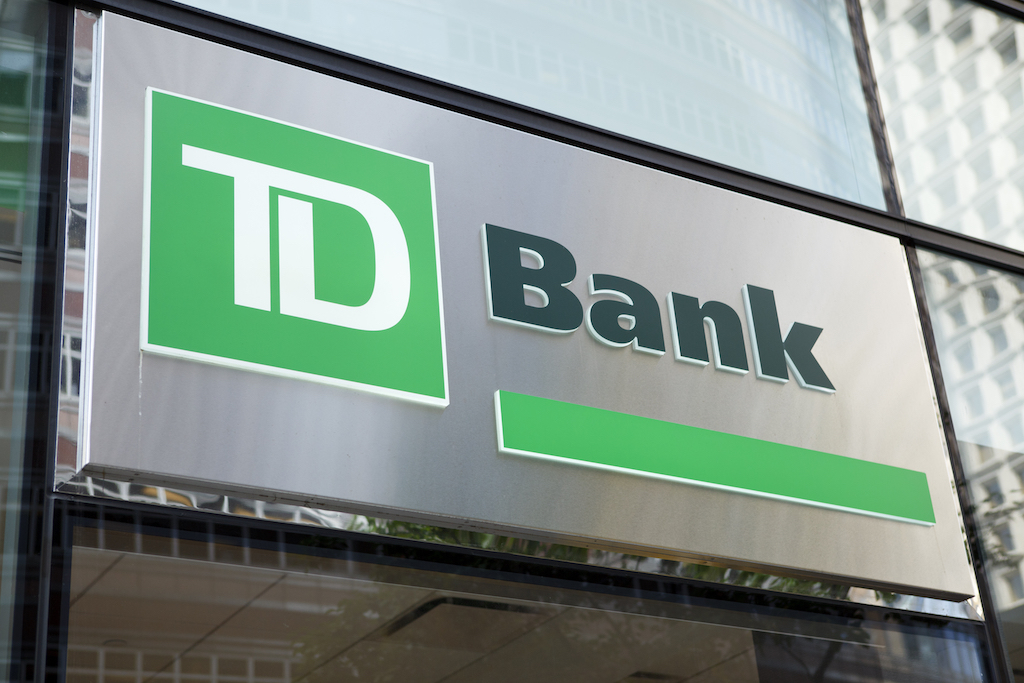
In a recent legal development, Toronto-Dominion Bank (TD Bank) has settled a class-action lawsuit, agreeing to pay nearly $16 million in compensation for non-sufficient funds (NSF) fees. This settlement, approved by the Ontario Superior Court of Justice, comes as part of a growing trend of legal scrutiny over banking practices, particularly the charging of such fees.
The lawsuit, launched in 2021 and led by Toronto law firm Koskie Minsky LLP, alleges that TD Bank unlawfully charged customers multiple NSF fees on a single payment or check. While TD Bank denies any wrongdoing or liability, the court has granted approval for the settlement, emphasizing its overall excellence and being in the best interests of the affected class.
The approved settlement aims to compensate customers who were double-charged a $48 fee, with an estimated $88 to be directly deposited into eligible accounts. This legal resolution signifies an ongoing focus on consumer protection in the financial sector.
The lawsuit sheds light on the practice of charging fees twice for the same purchase, particularly if a merchant attempts a second payment. Lead plaintiff Tyler Dufault’s experience, where being 45 cents short on a PayPal bill resulted in $96 in fees from TD, exemplifies the financial impact on consumers.
Adam Tanel, a partner at Koskie Minsky, reveals that approximately 105,000 individuals who were double-charged are expected to receive compensation. In addition to the monetary settlement, TD Bank has committed to amending some practices surrounding these fees.
This legal action aligns with a broader movement addressing financial institutions’ practices, with the federal government pushing for lower fees. The settlement also follows another recent approval by the Superior Court of Quebec for a $22-million class-action settlement involving TD Bank, highlighting the heightened scrutiny across the banking industry.
As consumers increasingly demand transparency and fairness, this legal resolution signals a step toward accountability and reform in the banking sector. The ongoing class actions against other major banks in Canada for similar double-charge issues further underscore the need for comprehensive reform and improved consumer protection measures.


















